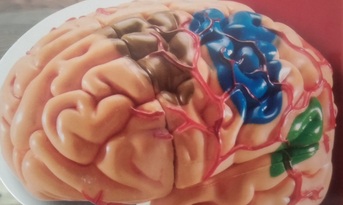|
We have all done it at some point in our lives. We have waited until the the night before to begin studying for an exam. Then spent all night and into the wee hours of the next morning trying to cram as much information into our brains as possible.
Research has shown that studying in chunks (experts call it the Spacing effect or the Distributed Practice Effect) is more effective than studying for hours on end (“cramming”) the night before. Research has also shown that sacrificing sleep for study time, be it cramming for a test or plodding through a load of homework, is fundamentally counterproductive. Regardless of how much a student studies if sufficient sleep is being sacrificed for study time, he or she will likely have more academic difficulties (rather than fewer) the following day. Here is something to consider. If it is the night before the test/exam and you are organizing notes, calling a classmate asking if they will scan their notes and email them to you, and reading the text/handouts for the first time, you are not studying. Below are three links to articles related to the affect of cramming versus consistent studying, the importance of sleeping, and the connection between ample sleep, learning and memory. Sleep, Learning and Memory http://bit.ly/Q810RH Cramming May Not Be Best Practice http://wapo.st/1BdoR6J Sleep Loss Affects High Schoolers http://bit.ly/1u0hEpD
0 Comments
Leave a Reply. |
AuthorRandy Sally Archives
June 2023
Categories
All
|


 RSS Feed
RSS Feed
